Budgets are up, breaches keep rising, and internal teams are drowning in alerts. Why building your own SOC is unrealistic for most organisations – and what successful IT leaders are doing instead.
“We’re spending more, but are we actually safer?”
It’s a good question, variations of which are being asked in boardrooms everywhere when it comes to cybersecurity operations.
And often, the answer isn’t the one your CFO wants to hear.
Despite bigger budgets and more tools than a B&Q warehouse, risk levels continue to rise for far too many organisations. Internal teams are swamped by an avalanche of alerts, juggling security alongside countless other responsibilities. Senior leadership are increasingly aware of both the risks and the commercial need for greater protection and compliance.
Reason, perhaps, why more and more organisations are turning to the experts for their security operations.
The cyber threat reality
Cyber threats are a daily reality for every organisation, everywhere.
Two-thirds of UK mid-sized organisations were hit by a cyberattack last year. Phishing and ransomware threats are almost daily events.
AI-powered impersonation and real-time social engineering campaigns are becoming harder to detect and faster to execute. Attackers are focusing ransomware campaigns specifically at smaller businesses because they bet on the fact security is weaker.
Meanwhile, 72 percent of IT analysts report being overworked and on the point of burnout.
While it’s certainly welcome that more and more boardrooms seem to be waking up to the fact that they’re not immune from the threat, putting in an effective solution remains a critical challenge.
What’s prompting the move from in-house SOC to managed security partner?
The realisation that’s dawned on many organisations in recent years is that building an in-house SOC eats up time and money that they can’t spare.
Maturity takes 12 to 24 months. Hiring is slow, expensive, and often unsuccessful. The cybersecurity talent gap passed 4 million last year. Competition is fierce, and salaries are soaring.
Even when staffed, internal teams are stretched. They’re juggling patching, mobile management, user support, licensing, and project delivery. Add detection, triage, threat hunting, and incident response, and the model starts to break. Especially when threats demand round-the-clock coverage and a rapid response.
It’s quite possible you’ve already got Microsoft’s security stack in place. Sentinel, Defender, and Entra ID offer powerful protection, but they need to be configured, integrated, and actively managed. If you have neither the bandwidth or skill set needed, then you risk alerts building up, logs going unchecked, and threats slipping through the gaps.
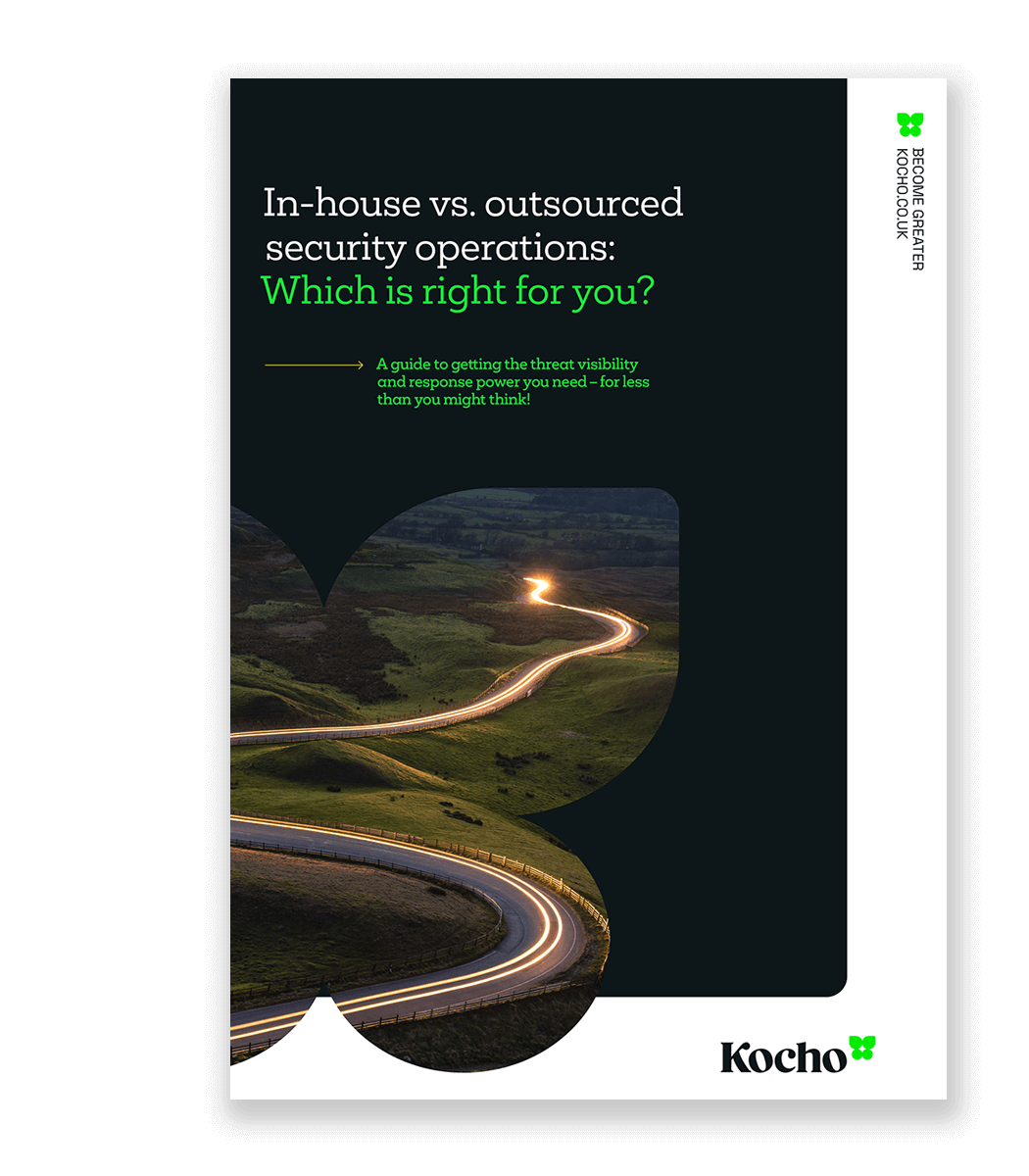

Free Guide
In-house vs. outsourced security: Which is right for you?
62% of organisations say their security teams are understaffed.
Download your 35-page comparison guide to discover:
- The real cost of building an in-house SOC
- Key questions you must ask before investing
- Hidden risks that could catch your business out
So, should you give control of security operations to a third-party?
Security and the protection of your data is critical for any organisation, with breaches liable to bring severe penalties and costs.
It makes perfect sense, therefore, to be very choosy about who you work with. And how much control you want to move outside of the business.
But, be diligent in your research and select a Managed Security Services Provider (MSSP) with rock solid credentials, and the benefit to your business can be significant.
Not only fortifying the company against cyber attack, but helping you control costs, stay compliant, and scale as needed.
Let’s break this down.
The importance of flexible, scalable security operations
All businesses change over time. Periods of high activity and growth, followed by quieter, maybe leaner spells.
Which is why it’s important for your security operations to have the flexibility to react and adapt to these changes.
For in-house security operations, this can sometimes be an issue.
By their very nature they can be more rigid, with a fixed amount of resources and technology.
As your business scales up, you’ll need to invest in more talent and technology resources. Which take can take a while to enact, and may not be planned for in your budget.
And in those leaner times, you can be left with too much resource and potentially redundant capabilities.
When working with the right MSSP, you’re invariably investing in a partner who can deliver the flexibility you need.
Your service and allocation of resources will reflect the needs of your business at that time. In other words, you get only what you pay for.
Helping you better control and manage your costs.
But scalability in your security operations is NOT just about cost-control.
Your SOC team will utilise tools such as Security Information and Event Management (SIEM) and Security Orchestration, Automation and Response (SOAR).
Scalable SIEM / SOAR solutions, like Microsoft Sentinel, play a vital role in maintaining a healthy security posture. Continually working to improve threat intelligence, detection, and response.
Conclusion
Cyber threats are one of the most significant dangers facing organisations today. Attacks are frequent, sophisticated, and inevitable.
If your security operations are not up to scratch, then you leave yourself vulnerable. Opening yourself up to penalties and costs that could cripple your finances and ruin your reputation.
Which is why SOCs play such an important role in an organisations defenses. The hub from which to keep guard, monitor and respond to the threats that come their way.
And, while many organisations have well-established internal operations, there are key challenges to consider when developing a SOC for your business.
Challenges that can often be overcome by outsourcing to a reputable security partner.
With recruitment and training needs getting harder and costlier, and threats evolving at speed, retaining an effective in-house capability is tough, time-consuming, and expensive.
But select the right MSSP to manage your security and you can unlock greater efficiency, better visibility, and improved protection.
A partner that can offer ‘on point’ expertise and cutting-edge technology. The tools and the talent to keep you safe and compliant, and to scale as you need.
Helping you control your costs, safeguard your business, and free your internal team to focus on projects that drive the business forwards.
Want to learn more? Then get our FREE guide to in-house v outsourced SOC.
Key takeaways
Security operations are vital to your business and need to be robust against changing, frequent threats.
Developing an effective SOC needs time, the right technology, and talent. Do you have all three?
A reputable MSSP can improve security, compliance, and cost control through expert management and cutting-edge tools.
Scalability is vital for greater cost-efficiency as well as improving visibility for a greater security posture.


Free Guide
In-house vs. outsourced security operations: Which is right for you?
62% of organisations say their security teams are understaffed.
Download your 35-page comparison guide to discover:
- The real cost of building an in-house SOC
- Key questions you must ask before investing
- Hidden risks that could catch your business out
Next steps
Like this? Don’t forget to share.

Great emails start here
Sign up for free resources and exclusive invites
Subscribe to the Kocho mailing list if you want:
- Demos of the latest Microsoft tech
- Invites to exclusive events and webinars
- Resources that make your job easier
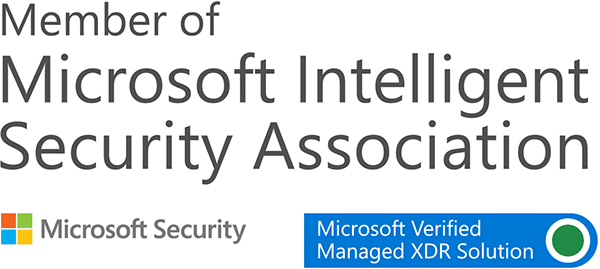

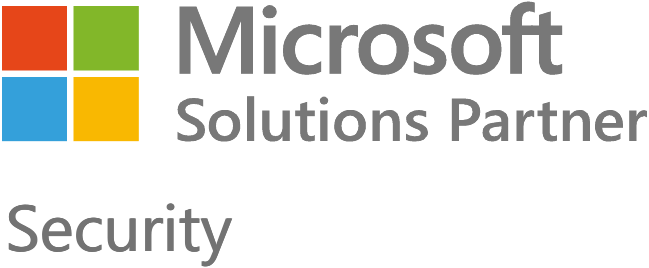
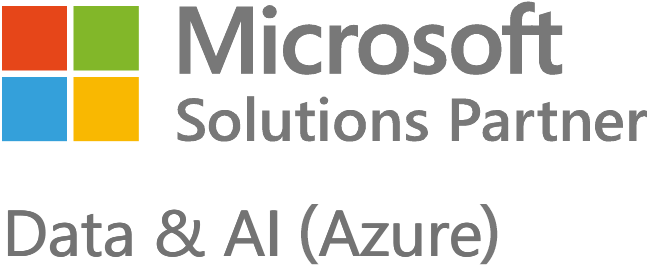
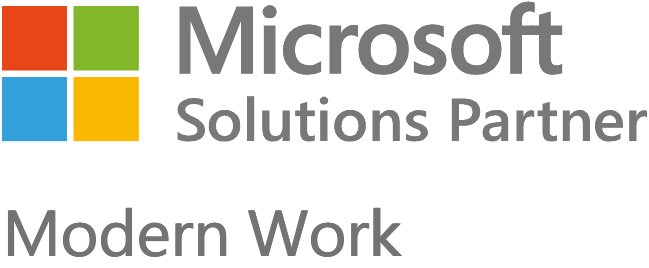
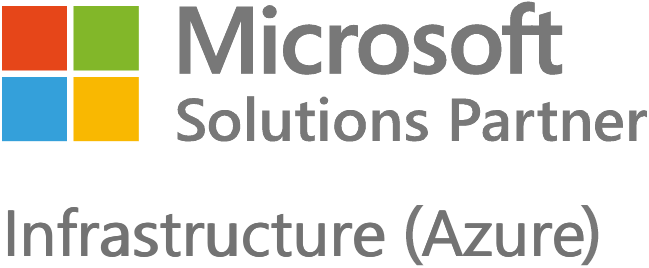
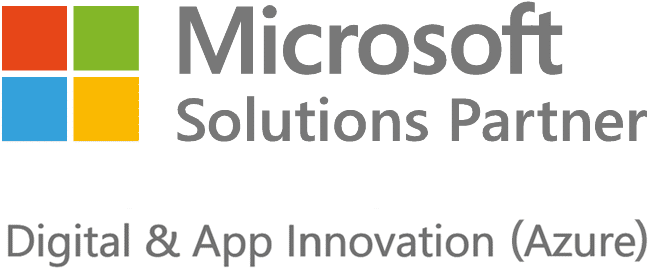
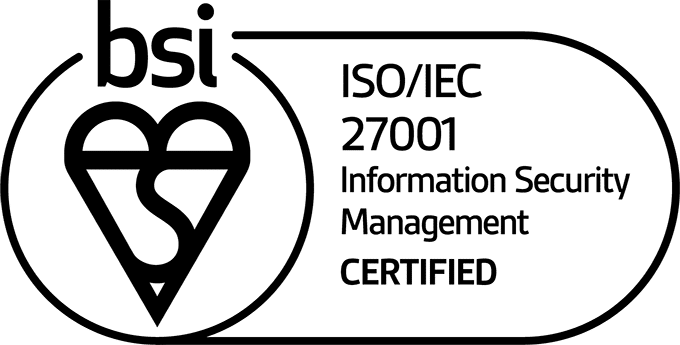


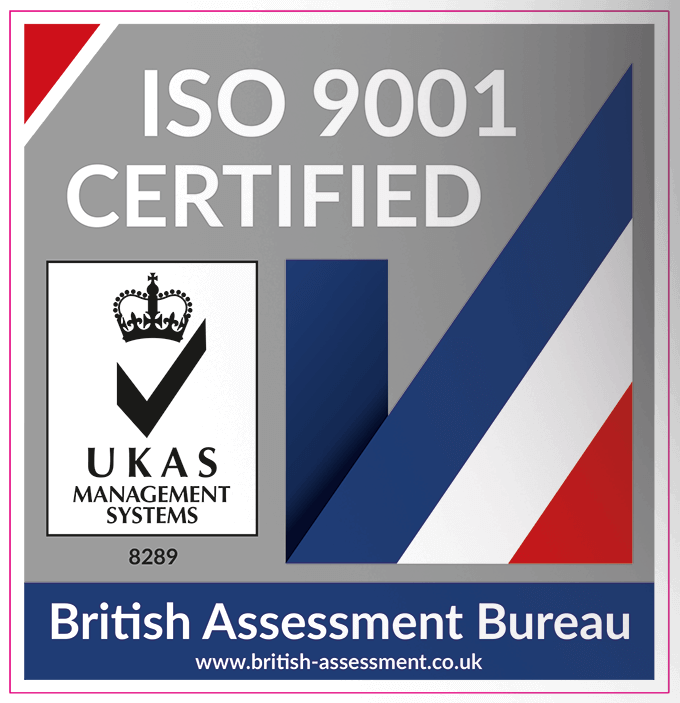
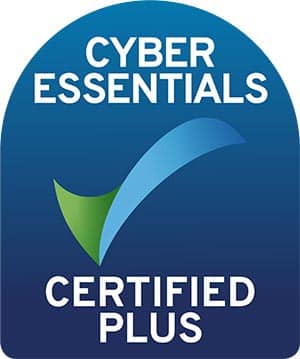












Got a question? Need more information?
Our expert team is here to help.







